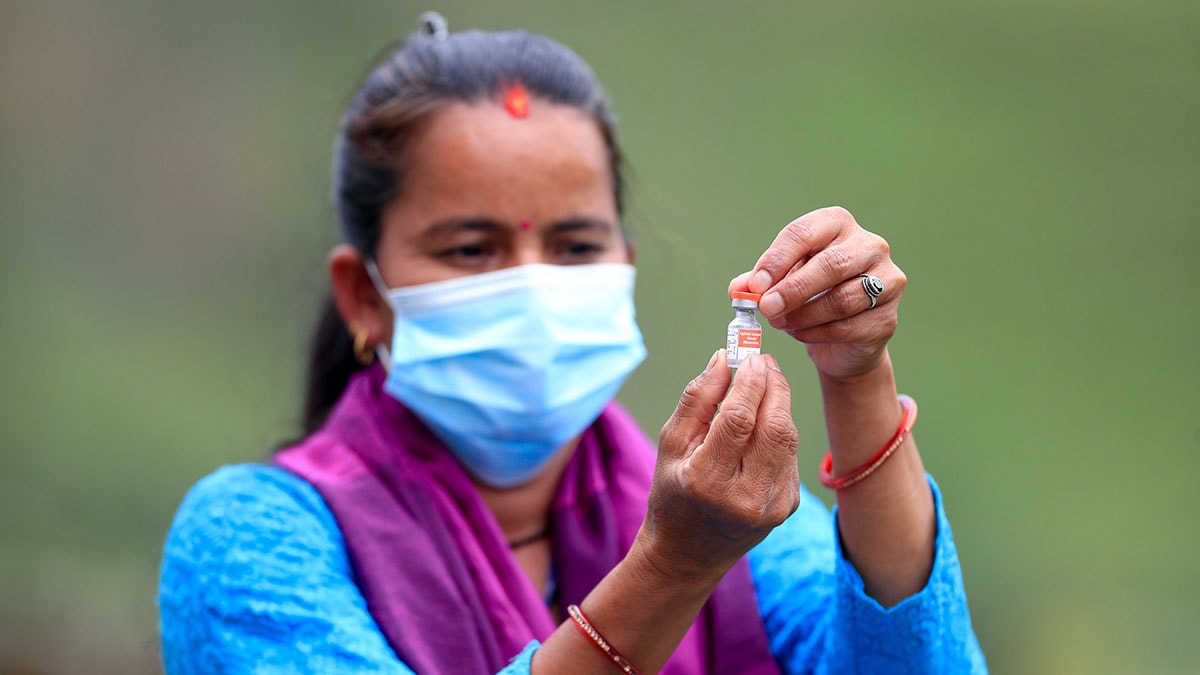Key points
- Typhoid fever vaccines can help prevent and control typhoid fever, in addition to standard prevention measures like clean water access, adequate sanitation, and good hygiene.
- CDC works with partners and countries worldwide to support typhoid fever vaccine use in outbreak settings and in national immunization programs.
Typhoid fever vaccines

Typhoid fever vaccines are recommended by the World Health Organization (WHO) for use in areas where:
- Typhoid fever regularly occurs
- Typhoid fever outbreaks are occurring
Different types of typhoid fever vaccines may be used, including typhoid conjugate vaccines (TCV).
Compared to other typhoid vaccines, TCV:
- is highly effective
- offers years of protection
- can be used in young children
WHO recommends one dose for people ages 6 months to 45 years in areas where typhoid fever regularly occurs.
The need for vaccination is growing
Several strains of the bacteria that cause typhoid fever have become resistant to multiple antibiotics. Antibiotic-resistant infections can be difficult, and sometimes impossible, to treat.
Use of TCV can prevent infection, including with antibiotic-resistant bacteria. The need for TCV use continues to increase as antibiotic-strains continue to emerge.
How CDC supports typhoid fever vaccine use
CDC works with partners and countries around the world to support TCV use by:
- Documenting the burden of typhoid fever and the magnitude of antibiotic resistance for national decision-making
- Supporting TCV introduction into national routine immunization programs
- Evaluating the best practices for TCV use in outbreak responses
- Understanding and addressing barriers to vaccination in countries where typhoid fever regularly occurs
As of December 2023, six countries use TCV in childhood vaccine programs: Liberia, Malawi, Nepal, Pakistan, Samoa, Zimbabwe.
